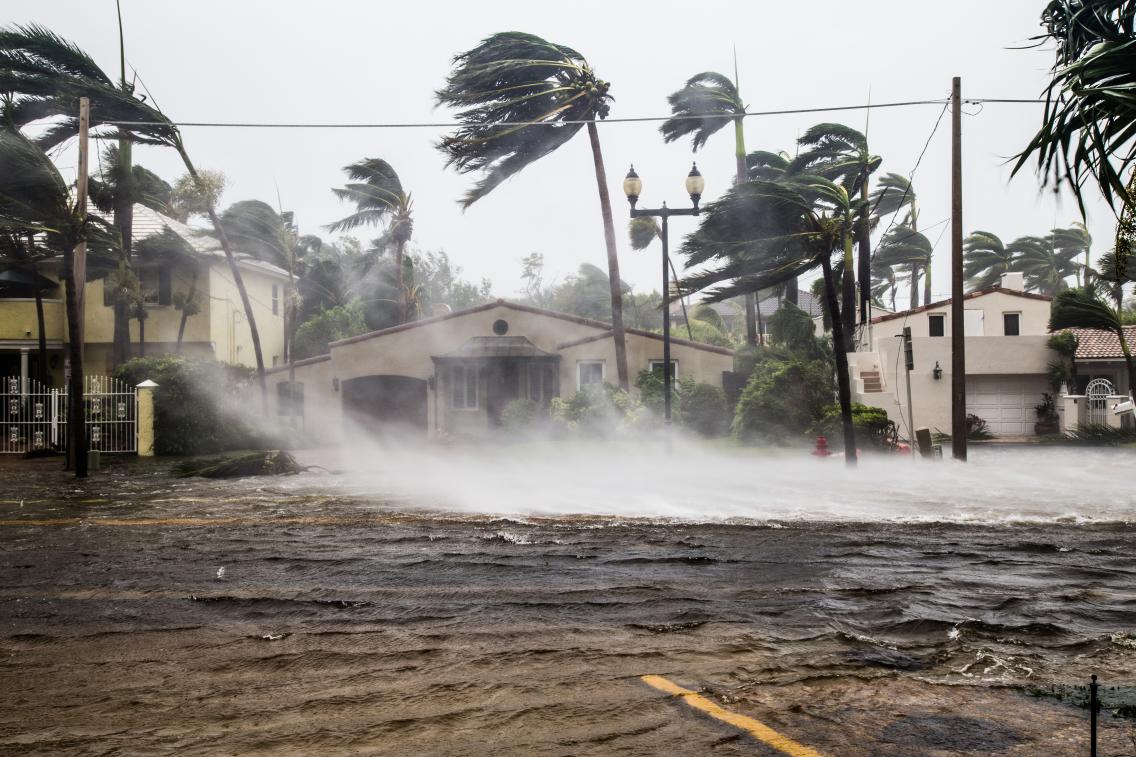Who We Are
Legal Services Corporation encourages programs to leverage limited resources by partnering and collaborating with other funders of civil legal aid, including state and local governments.
Our Mission
To promote equal access to justice in our Nation and to provide high quality civil legal assistance to low-income persons.
The United States Congress, in the declaration of purpose of the Legal Services Corporation Act, found that "there is a need to provide equal access to the system of justice in our Nation for individuals who seek redress of grievances;" that "there is a need to provide high quality legal assistance to those who would be otherwise unable to afford adequate legal counsel;" and that "providing legal assistance to those who face an economic barrier to adequate legal counsel will serve best the ends of justice and assist in improving opportunities for low-income persons."
What is Legal Services Corporation?
LSC is the single largest funder of civil legal aid for low-income Americans in the nation. Established in 1974, LSC operates as an independent 501(c)(3) nonprofit corporation that promotes equal access to justice and provides grants for high-quality civil legal assistance to low-income Americans. LSC distributes more than 90 percent of its total funding to 131 independent nonprofit legal aid programs with more than 800 offices.
LSC promotes equal access to justice by awarding grants to legal services providers through a competitive grants process; conducting compliance reviews and program visits to oversee program quality and compliance with statutory and regulatory requirements as well as restrictions that accompany LSC funding, and by providing training and technical assistance to programs. LSC grantees handle the basic civil legal needs of the poor, addressing matters involving safety, subsistence, and family stability. Most legal aid practices are focused on family law, including domestic violence and child support and custody, and on housing matters, including evictions and foreclosures. LSC encourages programs to leverage limited resources by partnering and collaborating with other funders of civil legal aid, including state and local governments, Interest on Lawyers’ Trust Accounts (IOLTA), access to justice commissions, the private bar, philanthropic foundations, and the business community.
LSC is headed by a bipartisan board of directors whose 11 members are appointed by the President and confirmed by the Senate. Ronald S. Flagg is the current president, and John Levi serves as Chairman.

Who is helped by LSC-funded programs?
LSC-funded programs help people who live in households with annual incomes at or below 125% of the federal poverty guidelines – in 2015, $14,713 for an individual, $30,313 for a family of four. Clients come from every ethnic group and every age group and live in rural, suburban, and urban areas. They are the working poor, veterans, homeowners and renters, families with children, farmers, people with disabilities, and the elderly. Women - many of whom are struggling to keep their children safe and their families together - comprise 70 percent of clients.

Legal assistance is necessary to address many issues that affect low-income individuals and families.

LSC grantees help victims of domestic violence by obtaining protective and restraining orders, help parents obtain and keep custody of their children, assist family members in obtaining guardianship for children without parents, and other family law matters. Almost a third of all cases closed by local LSC programs are family law cases.

As the second largest category of all cases closed, these matters involve helping to resolve landlord-tenant disputes, helping homeowners prevent foreclosures or renegotiate their loans, assisting renters with eviction notices whose landlords are being foreclosed on, and helping people maintain federal housing subsidies when appropriate.

Eleven percent of cases involve protecting the elderly and other vulnerable groups from being victimized by unscrupulous lenders, helping people file for bankruptcy when appropriate and helping people manage their debts.

More than 15 percent of cases involve helping working Americans obtain promised compensation from private employers, and helping people obtain and retain government benefits such as disability, veterans, and unemployment compensation benefits to which they are entitled.

StatesideLegal.org—the first website in the nation to focus exclusively on federal legal rights and legal resources important to veterans – is funded by an LSC Technology Initiatives Grant. This free service enables military families and veterans to access a wide array of legal information and assistance. The Department of Veterans Affairs, in a directive, encourages use of the website in connection with service to homeless veterans.

LSC has a long history with helping victims of natural disasters. LSC has built a national network of experience and expertise—including legal services providers and national organizations such as the American Red Cross and Federal Emergency Management Agency (FEMA)—to help programs better serve victims when disasters strike.
How is assistance provided?
Legal aid programs provide extensive representation in individual cases when required, but they also provide:
- Clinics, often staffed by pro bono attorneys, where legal problems can be identified and addressed on-site or scheduled for additional assistance if needed;
- Advice and self-help materials (delivered via workshops, telephone help lines, online chat tools, downloadable court forms, etc.) that help people understand their rights and responsibilities, when legal assistance may be needed and where to find it, and get assistance with self-representation when necessary; and
- Referrals to other social services as appropriate.
How many are helped?
LSC-funded programs helped approximately 1.8 million people in 2019. However, demand for legal aid far outstrips the resources available. This is known as the "justice gap". Recent studies indicate that legal aid offices turn away 50 percent or more of those seeking help. The size of the population eligible for legal assistance has increased dramatically from 2007. The U.S. Census Bureau’s 2012 statistics on poverty show that more than one in five - 63.6 million Americans - qualified for civil legal assistance funded by LSC.
Download Files
| Title of File or Publication | Size | Format | |
| What is LSC Fact Sheet | 221.45kb | Download |
